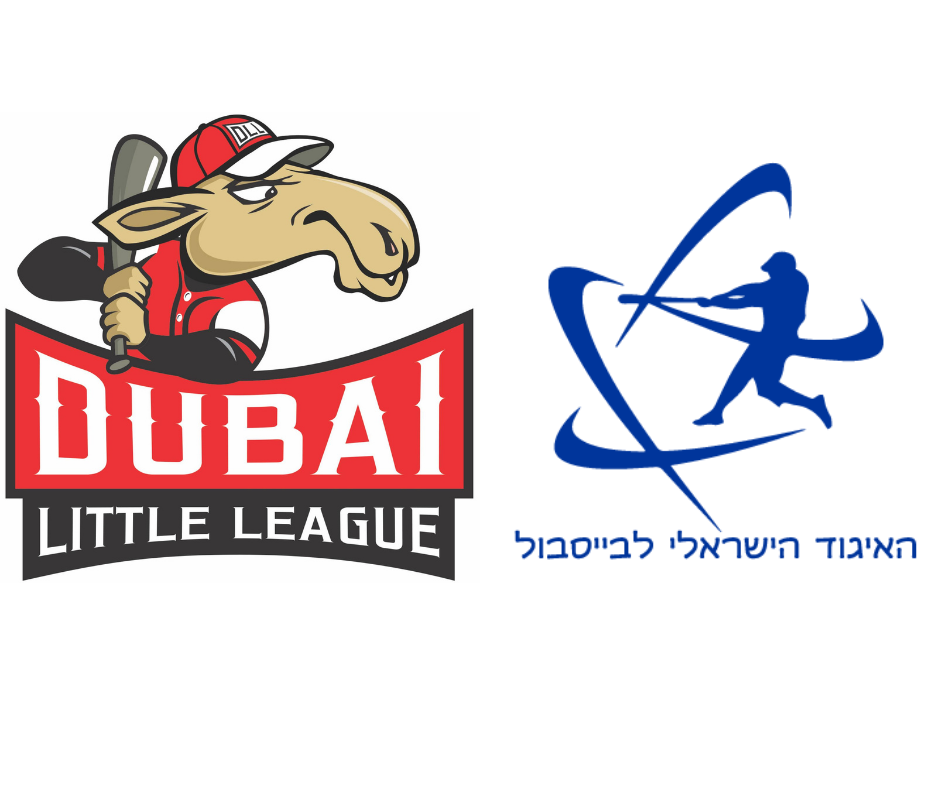
Field of Peace tourney to bring Israeli and UAE youth together through baseball
Dubai, UAE January 19, 2021 – The Dubai Little League and Israel Association of Baseball are proud to announce the establishment of the Field of Peace Tournament.
The baseball tournament will feature the 12-and-under National Teams of Israel and the United Arab Emirates competing in events in both Dubai and Israel in 2021. Invitations have also been extended to teams from other Gulf countries to participate. The teams will play for the Unity Cup.
The first series of games will take place on March 21-25 at the Dubai Little League Park next to Al Quoz Pond Park. The teams will meet again in the fall of 2021 in Tel Aviv.
"We are excited to enter a new era of cooperation between our organizations and countries," Dubai Little League President Roger Duthie and his IAB counterpart Jordy Alter said in a joint statement. "We strive together to develop the game of baseball in Israel and Dubai as a basis for peace and cooperation between our countries. We see this as a major step forward in both areas and are excited to jointly hold the first team sports tournament between our countries. We hope these games lead to further regional cooperation."
HE Saeed Mohammad Hareb, the Secretary General of the Dubai Sports Council said: "To have children play sports at their innocent level which represents more than sport is something that should be cherished. This event will help bound our two nations and I cannot think of anything better than to have children represent the bright future that we look forward to growing together. The Dubai Sports Council is proud to support this initiative which is a testament to the wonderful volunteers of the Dubai Little League and the Israel Association of Baseball."
About Dubai Little League
Dubai Little League has over 400 players playing baseball and softball in Dubai, United Arab Emirates. It is a volunteer-run, not-for-profit organization recognized by the Community Development Authority of Dubai. Founded in 1998, Dubai Little League has 7 age divisions ranging from ages 4 to 18. For further information about the Dubai Little league please contact
About Israel Baseball
The Israel Association of Baseball was founded in 1986 and has overseen the growth of the sport in the country ever since, culminating with Team Israel's historic qualification for the 2020 Olympic Games in Tokyo. The IAB is a member of The Israel Olympic Committee, The Confederation of EuropeanBaseball (CEB), World Baseball Softball Confederation (WBSC), Major League Baseball International (MLBI), and Little League.
As part of the expansion of baseball activities in Israel, the IAB is building new fields and looks forward to the completion of the new Bet Shemesh complex, which will host international tournaments, as well as the Raanana field, which will be a joint baseball-soccer facility, both slated for 2021. There are also plans to expand the Sportek Tel Aviv field and to add lighting.
For further information about the tournament, please contact the General Manager, Peter Kurz at or



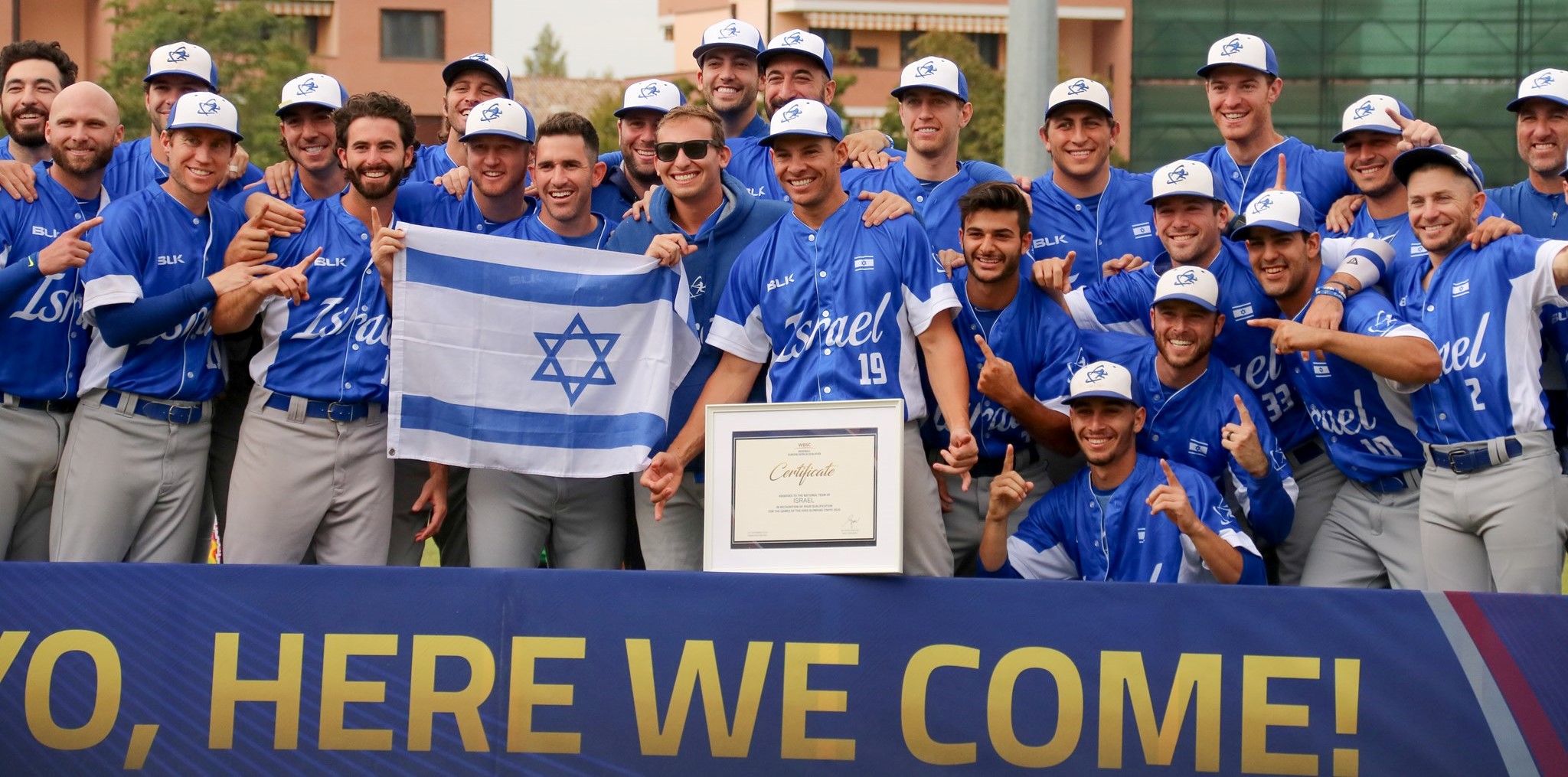
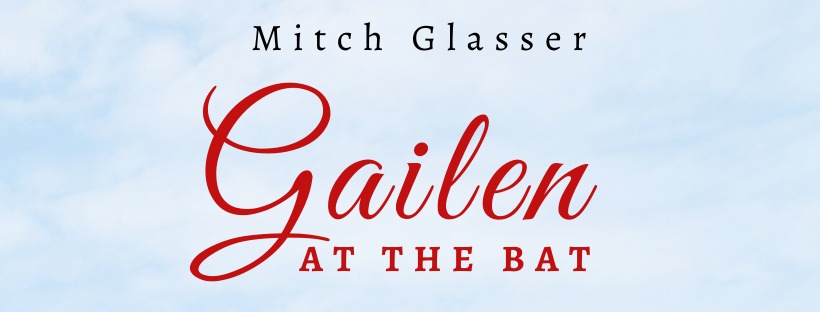
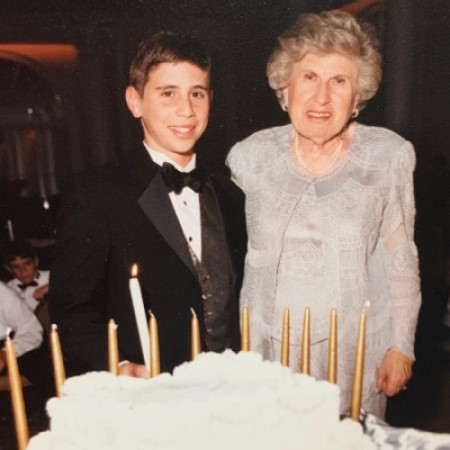
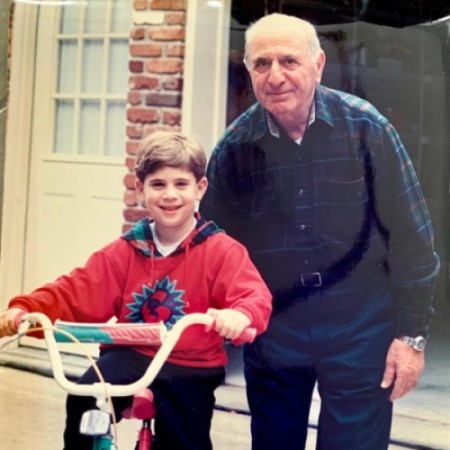 Yom HaShoah (Holocaust Remembrance Day) is a time when people in Israel come together not only to mourn the memories of the six million Jews who perished in the Holocaust, but also to pay tribute to the survivors and the legacies they built when they resurrected their lives after the war. Team Israel pitcher Jeremy Bleich shared the story of his grandparents, Yolanda and George Bleich, who were both survivors.
Yom HaShoah (Holocaust Remembrance Day) is a time when people in Israel come together not only to mourn the memories of the six million Jews who perished in the Holocaust, but also to pay tribute to the survivors and the legacies they built when they resurrected their lives after the war. Team Israel pitcher Jeremy Bleich shared the story of his grandparents, Yolanda and George Bleich, who were both survivors.